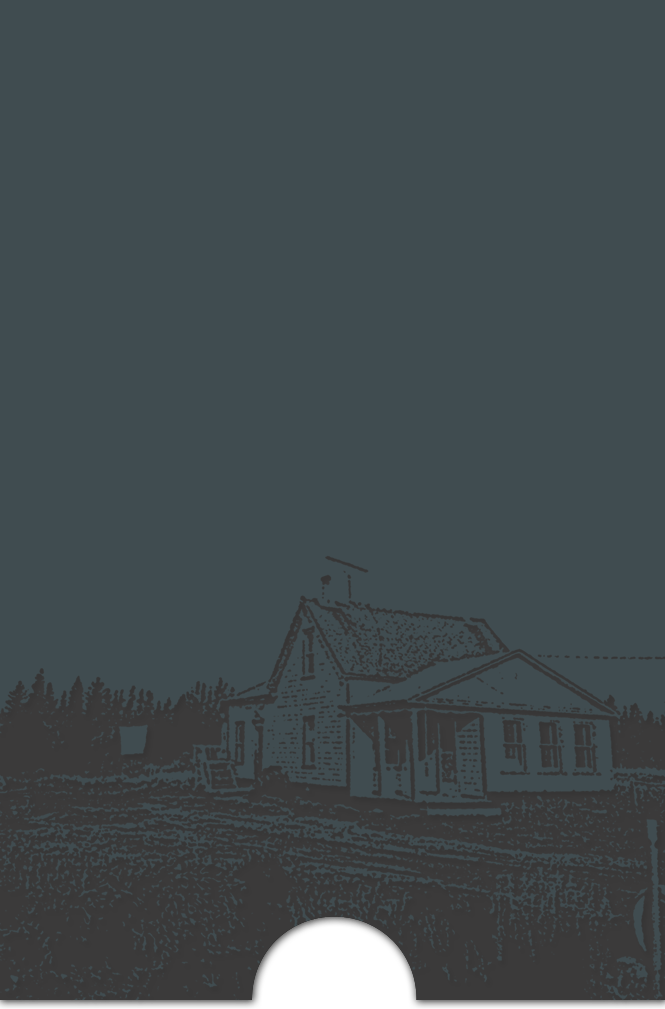
The creation of Kouchibouguac National Park in 1969 resulted in the removal from Kent County -- on the east coast of New Brunswick -- of 260 families, whose lives were changed forever. Residents' lives were reduced to crude calculations scribbled on scraps of paper by negotiators eager to convince them that they would be helped by being forced to move.
The map, created to facilitate the expropriation, is used here to show the impact of the expropriation on the landscape and to return the voices of the residents to their lands.
Most of these residents were Acadians, a people sensitive to a forced removal given their deportation at the hands of the British in the eighteenth century. Some resisted the expropriation, but all experienced the destruction of lives they valued.
This expropriation came at a time that Acadians were becoming more assertive. The leader of the resistance, Jackie Vautour, became a folk hero of sorts, as he returned to his land in 1978, where he remains today in 2013.
Relatively little has been written about the creation of Kouchibouguac National Park, though the story has been told through a variety of media -- film, music, theatre, literature, sculpture, and painting. Two documentary films have been produced about the removal of the residents, Kouchibouguac (1979) and Kouchibouguac: L'histoire de Jackie Vautour et des expropriés (2006). The story also provided the inspiration for Jacques Savoie's novel, Raconte-moi Massabielle (1979), and the film, Massabielle (1983). An overview of the existing cultural production associated with the park is available in Kouchibouguac: Representations of a Park in Acadian Culture.
This site forms part of a larger project dealing with the creation of Kouchibouguac National Park. The project is led by Ronald Rudin, Trudeau Foundation Fellow and Professor of History at Concordia University whose book, Kouchibouguac: Removal, Resistance and Remembrance at a Canadian National Park, is forthcoming.
The thirty interviews that form the basis for the videos on this site were collected and assembled with the collaboration of Philip Lichti, a Montreal-based multimedia producer whose work explores ways of connecting place with the past through innovative storytelling.
This site benefitted from the financial support of the Social Sciences and Humanities Research Council of Canada and the Trudeau Foundation. Photos were made available by the Provincial Archives of New Brunswick. Invaluable assistance was provided by Eric Fillion and Johanne Durocher Norchet. The site was designed and built by Archinodes.
This project is dedicated to the former residents who provided us with their stories, sometimes taking us back to their lands, which was never easy.
Returning the Voices
2013











